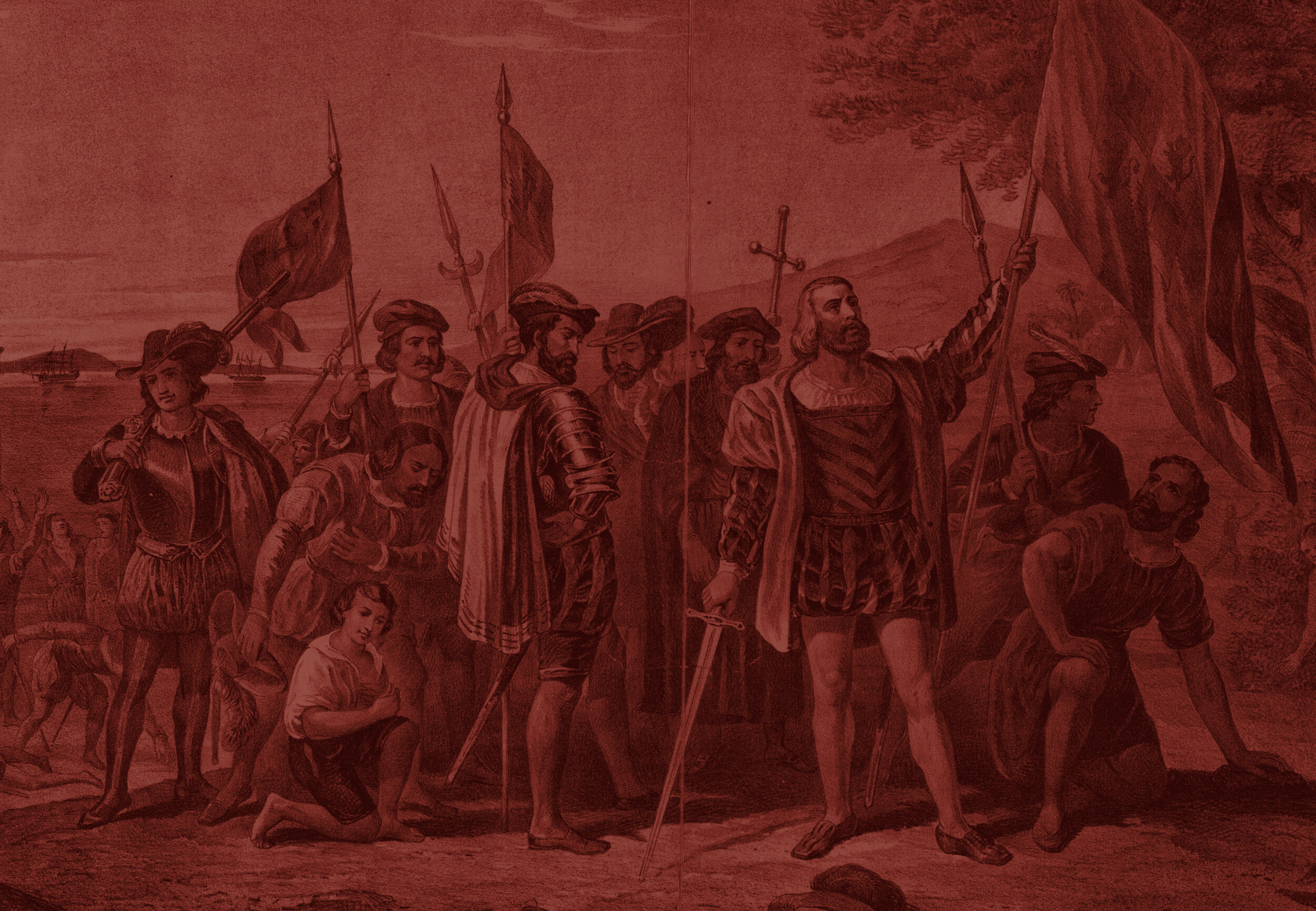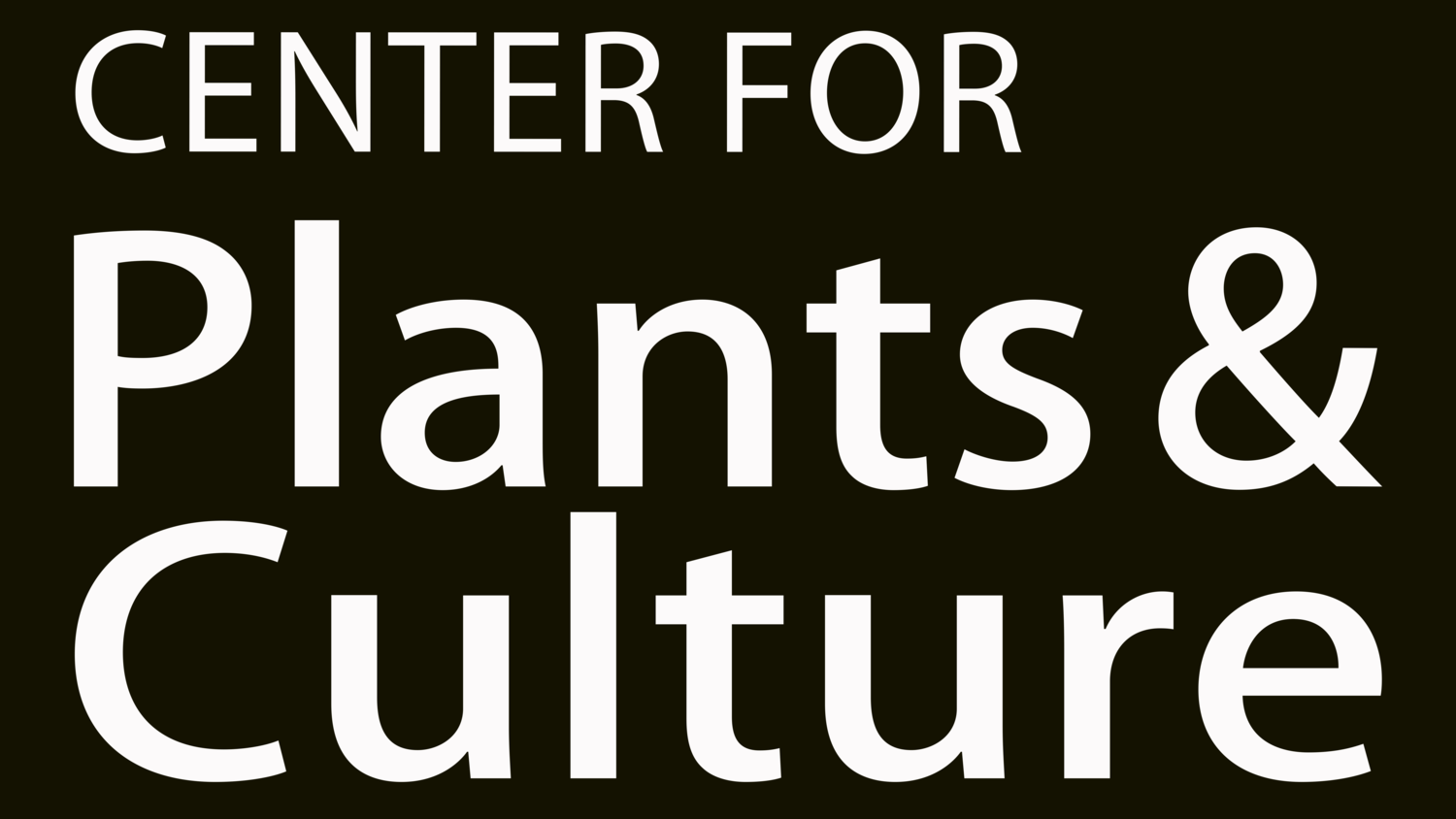
PURSUIT OF GREEN GOLD
At its core — it was about money.
Not scientific enlightenment. Not “saving souls.”
The killing and pillaging committed by European nations was seen as a stepping stone toward procuring riches and, therefore, proving one’s dominance on the world's stage.
“Colonialism is a form of domination in which a foreign power uses superior military force to impose its political, economic, social, and cultural institutions on an indigenous population so it can control their resources, labor, and markets” (1)
SOME HISTORICAL CONTEXT
“Between 1492 and 1800, Europeans learned of, conquered, and colonized much of North America, South America, Asia, and Africa and set the tone for international relationships for centuries to come…”
“During this time European colonists forced local populations to cultivate and harvest crops and to extract minerals and other raw materials for export to the colonists’ home countries. When colonists’ labor needs could not be met by indigenous populations, the colonists imported slaves from Africa or indentured workers from Asia and Europe.” (2)
BOTANY AS BIG BUSINESS
By the 17th century, plants were the “green gold.” In order to unlock their riches, countries invested more and more in the sciences. After all, the greater success a country had in identifying, cultivating, and exploiting plants, the more wealth the country would acquire. The more wealth they’d acquire, the more they’d spend on ships and troops…which resulted in more stolen land, more native people killed, more slaves brought over, and more commodities produced. Massive profits fueled even more investment in the sciences, ensuring that the cycle continued. As Antonio Lafuente and Nuria Valverde wrote, “science and empire are cause and effect of one another.” (4)
“…for one thing, [colonialism] is driven by capitalism…by a quest for profit. It’s also driven by competition. So, the French, and the Dutch, and the British are constantly looking at each other and wanting to have whatever commodity is making that empire successful. So, it’s a competition for colonies—a competition for commodities.” (3)
“At the height of its powers the Verenigde Oostindische Compagnie (Dutch East India Company or VOC)—colloquially known as the first multinational company—imported as many as six million pounds of black pepper to the Netherlands annually.” (4)
“Costly spices and valuable medicinal plants—nutmeg, tobacco, sugar, Peruvian bark, peppers, cloves, cinnamon, tea—ranked prominently among the motivations for voyages of discovery.” (4)
THE ROLE OF COLONIAL BOTANISTS
Botanists and naturalists played a central role in European conquest by “identifying profitable plants” and “providing new medicines to keep European troops and planters alive in the colonies” (4)
“…botanists could suggest where to find a plant that would fill a current demand, how to improve this plant through species selection, hybridization, and new methods of cultivation, where to cultivate this plant with cheap colonial labor, [and] how to process this plant for the world market…” (5)
“It is ironic that even as European colonies were collecting and producing indigenous herbs for export and local consumption, they were also criminalizing and discrediting the very healers from whom they had secured these numerous remedies.” (6)
Sources
Blakemore, Erin. “What Is Colonialism?” Colonialism Facts and Information, 14 June 2019,
https://www.nationalgeographic.com/culture/topics/reference/colonialism/
Ferrante, Joan. Sociology a Global Perspective. Wadsworth, 2015. pp. 330
Jardine, Lisa. “Age of Exploration,” Audio podcast. Seven Ages of Science. BBC, 2013. web
Schiebinger, Londa, and Claudia Swan. Colonial Botany Science, Commerce, and Politics in the Early Modern World. University of Pennsylvania Press, 2016.
Brockway, Lucile H. “Science and Colonial Expansion: The Role of the British Royal Botanic Gardens.” American Ethnologist, vol. 6, no. 3, 1979, pp. 449–465. JSTOR, www.jstor.org/stable/643776.
Page, Melvin E., and Penny M. Sonnenburg. Colonialism an International Social, Cultural and Political Encyclopedia. ABC-CLIO, 2006.
Batsaki, Yota; Cahalan, Sarah Burke; and Tchikine, Anatole. The Botany of Empire in the Long Eighteenth Century. Dumbarton Oaks Research Library and Collection, 2016.





